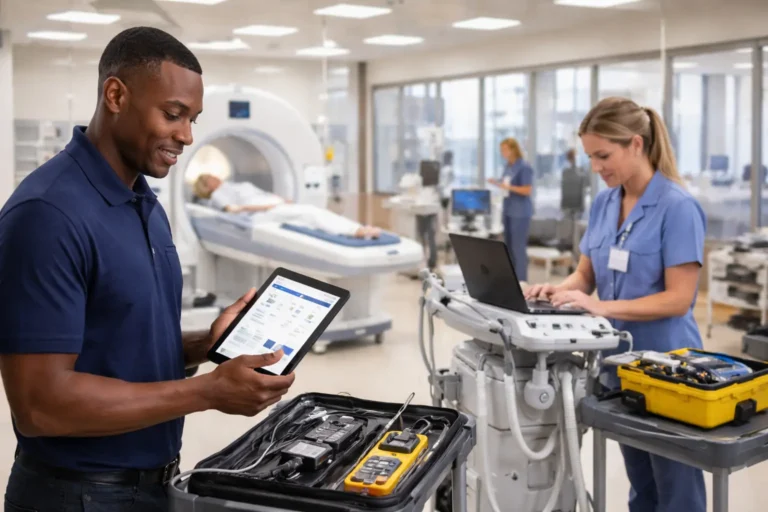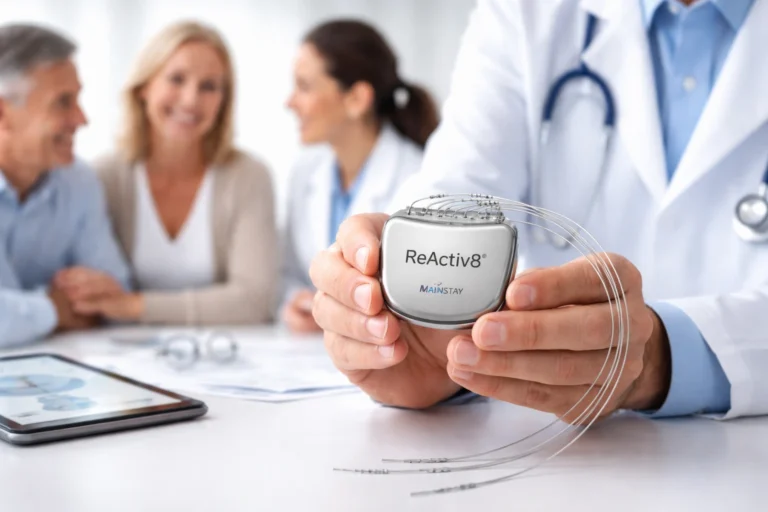
Phare Bio, in collaboration with the Collins Lab at the Massachusetts Institute of Technology (MIT) and Harvard’s Wyss Institute, has secured up to $27 million in funding from the Advanced Research Projects Agency for Health (ARPA-H), part of the U.S. Department of Health and Human Services. This funding will be used to enhance their generative artificial intelligence (AI) platform and develop new classes of antibiotics. With the rising threat of antimicrobial resistance (AMR), there is a critical need for innovative antibiotics to save millions of lives. “The AMR crisis is accelerating, but this collaboration with ARPA-H opens new possibilities,” said Akhila Kosaraju, M.D., CEO and President of Phare Bio. “These funds will enable us to enhance the clinical precision of our AI platform and develop the specific antibiotics that patients and physicians urgently require.”
Since its inception in 2020, Phare Bio has leveraged AI to discover and develop novel antibiotics, working in collaboration with Professor Jim Collins’ lab at MIT and Harvard’s Wyss Institute. Their recent advancements in generative AI for antibiotic design represent a major leap forward, offering unprecedented levels of customization and precision in antibiotic discovery. The ARPA-H grant not only supports the scaling of Phare Bio’s antibiotic pipeline but also extends the possibilities of AI-driven drug discovery.
“This funding takes us closer to building a bespoke, active-learning AI platform,” said Jim Collins, Ph.D., Co-Founder of Phare Bio and Chair of its Scientific Advisory Board. “A tailored AI system that addresses specific clinical needs hasn’t been developed in drug discovery, especially not for antibiotics.”
The ARPA-H grant will allow Phare Bio and the Collins Lab to:
- Generate millions of new data points across critical drug development areas (e.g., toxicology, drug metabolism, and formulation) to enhance AI-based drug discovery precision.
- Share their curated datasets through the first open-source database for AI-driven antibiotic discovery, sparking innovation for future antibiotic researchers.
- Incorporate up to 10 new “filters” into Phare Bio’s generative AI platform to develop targeted antibiotics against specific bacterial diseases (e.g., drug-resistant urinary tract infections, pneumonia, and sepsis).
- Advance 15 novel AI-generated preclinical antibiotic candidates to help replenish the global supply of urgently needed antimicrobials.
Dr. Kosaraju further noted, “Our use of generative AI has opened up drug design possibilities that were once unimaginable. By shifting from targeting pathogens to targeting specific clinical indications, we are ushering in a new era of AI for antibiotics, focusing on patient-centered drug discovery.





